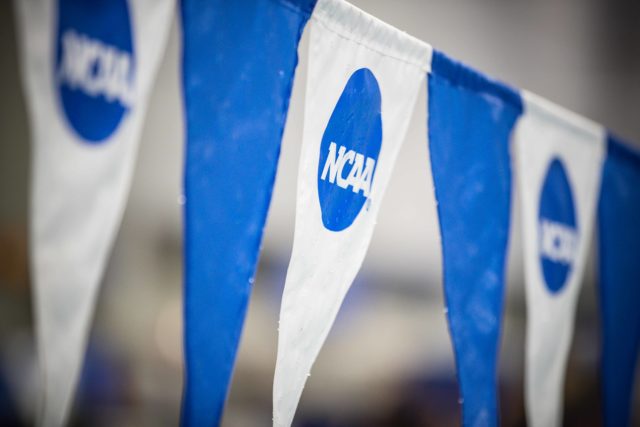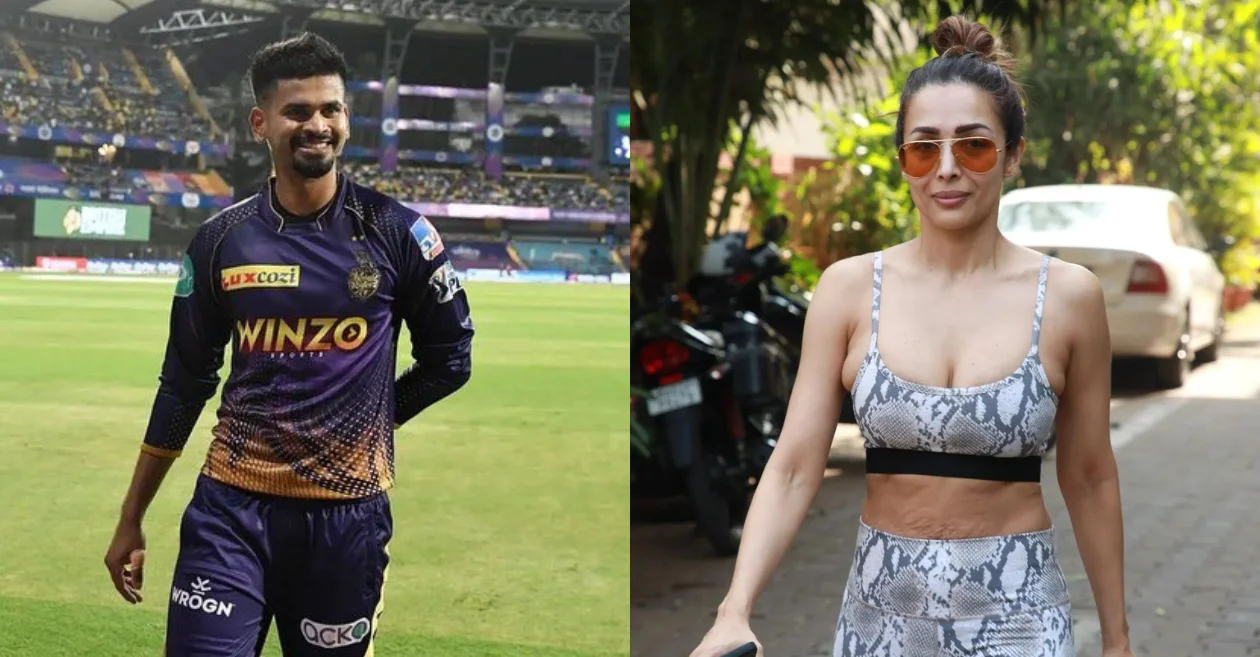By Robbie Dickson on SwimSwam

On April 30, reports surfaced of substantial progress in settlement talks between the NCAA and Jeffrey Kessler and Steve Berman, the lead attorneys in House v. NCAA and Carter v NCAA cases. The result of those settlement talks could be a revenue-sharing model that would drastically alter the landscape of college sports.
Former Arizona State swimmer Grant House is the lead plaintiff in the House v. NCAA case, which was opened in 2020.
The revenue share is reported to be around a 10-year settlement of three ongoing cases (House/Carter/Hubbard v. NCAA) and could total $2.9 billion in back-pay damages as well as an athlete compensation model that also expands NCAA scholarship limits, according to Yahoo Sports.
The settlement talks include a cap on the total amount schools would be permitted to pay their athletes. That number is reported to be around $17-22 million annually, but will include language that allows the cap to increase over the years as revenue increases. The cap is 22% of an average power conference school’s revenue streams, which mostly come from TV and ticket sales according to Yahoo Sports. In 2022, the Big Ten inked a new seven-year, $8 billion deal with CBS and the SEC agreed to a deal with Disney/ESPN that will give the conference $300 million in revenue annually starting for the 2024 season and running through the 2034 season.
Neither the revenue-sharing agreement nor expanding scholarships will be mandatory for any school. However, as has been the case with NIL, schools that choose not to embrace the new model will quickly fall behind their peers.
There are plenty of questions as to how the back-pay damages will be funded. Will the money come from the NCAA, conferences, schools, or insurance policies? The House case has more than 14,500 men and women who played D1 sports going back to 2016. How will the damages be spread amongst them?
The earliest he new model could be adopted would be the start of the 2025-26 season. Once the parties come to terms on a final settlement agreement, they will return to U.S. District Court Judge Claudia Wilken for final approval.
Any settlement agreement will only end claims in House and/or Carter. It will not insulate the NCAA from other antitrust or employment-related claims. The NCAA still faces battles in the NLRB hearings involving Dartmouth and USC student-athletes as well as in Johnson v. NCAA. All three matters turn on whether athletes should be classified as employees of their respective schools.
SwimSwam: House Settlement With NCAA Mulling Revenue-Sharing Agreement With Athletes

















You must be logged in to post a comment Login